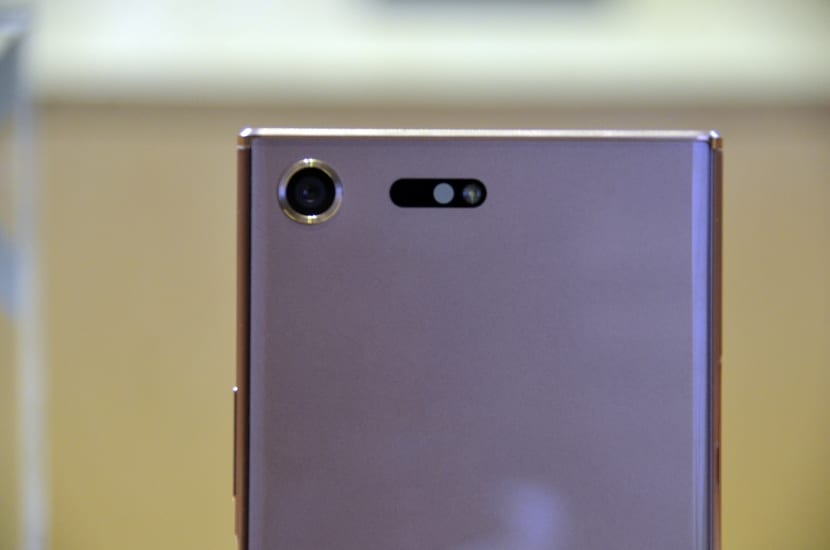
After the final arrival of the new Galaxy Note 8, and also after the debut of the new phones of its great rival, those of the apple, the South Korean company Samsung continues to work to improve and surprise the world with its next flagship of 2018predictably the Galaxy S9, and one of the things it seems to be paying the most attention to is the camera.
According to the latest news, Samsung is developing a new camera that can reach 1.000 fps. In fact, this camera would already be in the testing phase and could even start mass production as early as next November. Therefore, this could be the spectacular camera that integrates the next Samsung Galaxy S9. But what exactly does this new camera entail?
A camera at 1000 frames per second, the new of the next Galaxy S9
Samsung is working on what is called a "Three-layer image sensor"; This is a normal setting that users will have along with the camera sensor and a logic board that is responsible for the photo-taking process. This logic board takes the image passed through the sensor and, after a series of complicated mathematical calculations, converts what you are seeing into data to be stored on the phone. Now Samsung is adding a DRAM chip into that equation to allow the camera to capture video at 1.000fps, which would match Sony for record slow motion videos, even slower motion.

Sony's Xperia XZ Premium smartphone model was the first of the brand to commercialize the three-layer sensors that Samsung will now emulate but with its own manufacturing process
A more expensive process, with some advantages but also a great risk
Precisely Sony was the first company to commercialize these new three-layer sensors. Sony's Xperia XZ Premium, which you can see in the image above these lines, has a camera that captures video at 720p up to 960 fps. And although it seems that Samsung seeks to emulate this technology, the process by which it does so is different. Sony's process is cheaper and easier to manufacture however it seems that Samsung has wanted to avoid the payment of rights to Sony, so it has opted for another process.
So, finally, Samsung's method is going to be more expensive, but it has some advantages, for example, that you will be able to control the manufacture and supply of chips, since it manufactures them for itself, which should reduce waiting times.
In addition, rumored which Samsung process can offer better performance. The greatest danger lies in a possible error in the production line since, working with a three-layer chip, if any of those layers turns out to be wrong, the entire chip must be rejected.
We could see different Galaxy S9 models with different camera sensors
Today, Samsung uses Sony sensors in half of its flagship phones. Generally, in the United States we see models with Sony sensors while in the local market of Samsung in South Korea, its native country, also offers phones that integrate their own sensors. Consequently, it is quite logical to think that, with the launch of the next flagship of the year 2018, predictably a new line of Galaxy S9 and S9 Plus, in the United States and in other markets We could see some variant of the Samsung Galaxy S9 with the Samsung camera which can record video at an even higher frame rate, while in other territories we would continue to see how Samsung maintains the sensor provided by Sony.
With all this, it seems that this climb towards smartphones of a thousand euros will not stop, at least not by a giant like Samsung that opts for better technologies, but also more expensive and difficult to manufacture. Would you change your S8 for an S9 if the improvements were this and little else?
Impressive